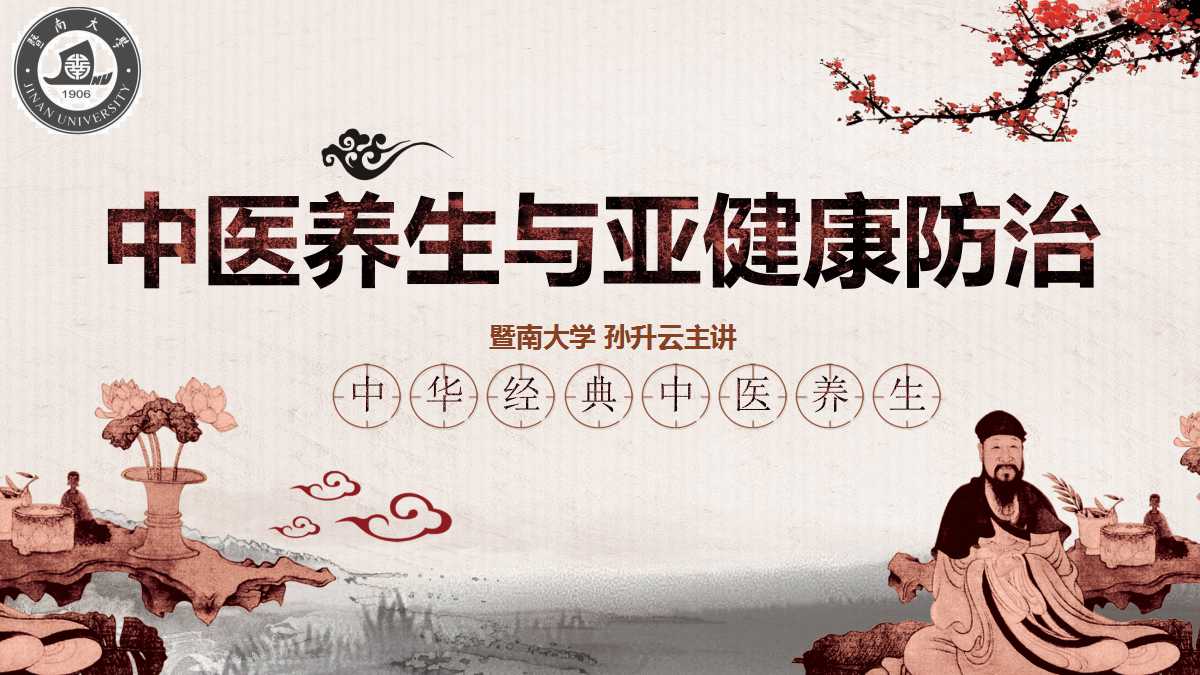
当前课程知识点:Hospitality English > 6 ESSENTIALS IN COMPLETING MTA THESIS > 6.2 Stages of Completing a Thesis > 6.2.3 Thesis initiation stage - research methodology(2)
返回《Hospitality English》慕课在线视频课程列表
Let's continue with the research methodology in thesis initiation stage.
What sampling method do you use to collect data?
What are the differences between the probability sampling technique and non-probability sampling technique?
We would like to invite you to share some thoughts in the comments section below.
返回《Hospitality English》慕课在线视频列表
数据收集过程中的第二个重要问题是
你将使用什么样的采样方法来收集数据
那么 什么是抽样方法
为什么它是数据收集的一个重要部分
抽样是
从代表整个样本的人口中
选出代表或一组个人的过程
这一点很重要
因为它指导研究人员
如何从人群中选择样本
在统计学中
有两种不同的抽样方法
第一种是概率抽样
也称为随机抽样
第二种是非概率抽样
或非随机抽样技术
接下来我们会详细讨论
那么 什么是概率抽样技术
如何通过概率抽样技术收集数据
从根本上讲 概率抽样是一种抽样技术
在这种技术中
群体中的个体获得平等的几率或机会被选为样本
因此 概率抽样技术被认为是无偏技术
因为它给了个体参与研究的
平等机会
概率抽样技术有四种方法
可以用来收集数据
一是简单随机抽样技术
二 分层抽样技术
三 整群抽样技术
四 系统抽样技术
其次是非概率抽样技术
那么 什么是非概率抽样技术
如何通过概率抽样技术收集数据
非概率抽样技术是
研究者基于主观判断
而非随机选择的抽样方法
它没有给人口中的个体一个平等的机会
成为样本的一部分
因此 非概率抽样技术
被认为是有偏差的技术
因为它不能为个体提供平等的
参与研究的机会
有几种非概率抽样技术
可以用来收集数据
一是方便抽样技术
二是配额抽样技术
三是目的性抽样技术
四是滚雪球抽样技术
因此 研究方法的下一个重要问题是
如何分析数据
在写研究设计时
你必须解释你计划如何分析数据
如果您的数据是定量的
您可以使用统计分析方法
来测试变量之间的关系
但是如果你的数据是定性的
你可以使用主题分析
来解释数据的含义和模式
因此 我们完成了研究设计的学习
这是论文启动阶段的第二步
其中我们学习了如何收集数据
以及可以使用什么方法来分析数据
所以在你的研究设计中
你必须记住这些基本的东西
因为它将指导研究方法部分的写作
-1.1 Hospitality and Tourism
--1.1.1 Introduction of hospitality
--1.1.2 Introduction of tourism (1)
--1.1.3 Introduction of tourism (2)
--1.1.4 Basic conception of tourism (1)
--1.1.5 Basic conception of tourism (2)
-1.2 Tourism Industries
--1.2.4 Convention & exhibition
--1.2.5 Entertainment & recreation
-1.3 Nature of Tourism Businesses
--1.3.2 Characteristics of hospitality
--Week 1 Quiz
-2.1 Basic Approaches and Etiquette of Hospitality
--2.1.1 Basic approaches and etiquette of hospitality
-2.2 Meet and Greet at Accommodations
--2.2.3 Know how to offer more
-2.3 Meet and Greet at Other Situations of Hospitality
--2.3.1 At transportation services
--2.3.3 At conventions and exhibitions
--2.3.4 At entertainment and recreation situations
-2.4 Communication Skills of Online Travel Agency
--2.4.1 Communication skills of online travel agency
--Week 2 Quiz
-3.1 Culture and Communication
--3.1.2 The characteristics of culture
--3.1.3 What is communication?
--3.1.5 Myths of communication
-3.2 Barriers to Cross-cultural Communication
-3.3 Cross-cultural Communication
--3.3.2 Cross-cultural verbal communication
--3.3.3 Hofstede's cultural dimensions (1)
--3.3.4 Hofstede's cultural dimensions (2)
-3.4 International Practice in Cross-cultural Communication
--3.4.1 International practice in cross-cultural communication
--Week 3 Quiz
-4.1 Getting to Know Tourism Literature
--4.1.1 Significance of tourism literature
--4.1.2 Proper way to choose for reading
-4.2 Capturing the Main Ideas
--4.2.1 Starting with the title & abstract
--4.2.2 Following the structure to focus
--4.2.3 Identifying topic sentences
-4.3 Accumulating Idiomatic Expressions
--4.3.1 Expressions of defining & categorizing
--4.3.2 The extensive use of passive voice
-4.4 Summarizing Reading & Thinking
--4.4.1 Writing a summary of your readings
--4.4.2 Taking notes of your thinking
--Week 4 Quiz
-5.1 What Is A Literature Review
--5.1.1 The definition and types of literature review
--5.1.2 Systematic approaches of literature review
-5.2 Collection and Analysis of Literature
--5.2.2 Methods of literature collection
--5.2.3 Analysis of literature
-5.3 Content of Literature Review
--5.3.1 Concepts, propositions, and theories
--5.3.2 Conceptualization and theoretical framework
--5.3.3 Operationalization of the research framework
-5.4 Evaluate Your Literature Review
--5.4.1 Evaluation of your literature review
--Week 5 Quiz
-6.1 Basic Structure of MTA Thesis/Project
--6.1.5 Reference and acknowledgement
-6.2 Stages of Completing a Thesis
--6.2.1 Thesis initiation stage - research design
--6.2.2 Thesis initiation stage -research methodology(1)
--6.2.3 Thesis initiation stage - research methodology(2)
--6.2.4 Thesis initiation stage - research proposal
--6.2.5 Thesis writing and completion stage
-6.3 Essentials in Managing a Successful Thesis
--Week 6 Quiz
--Final Quiz
